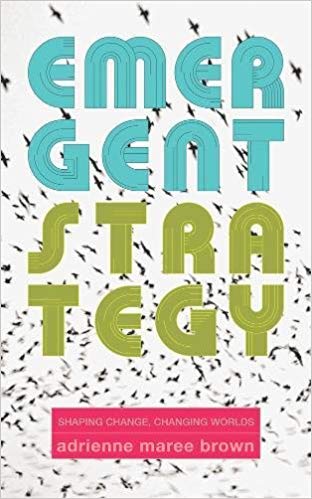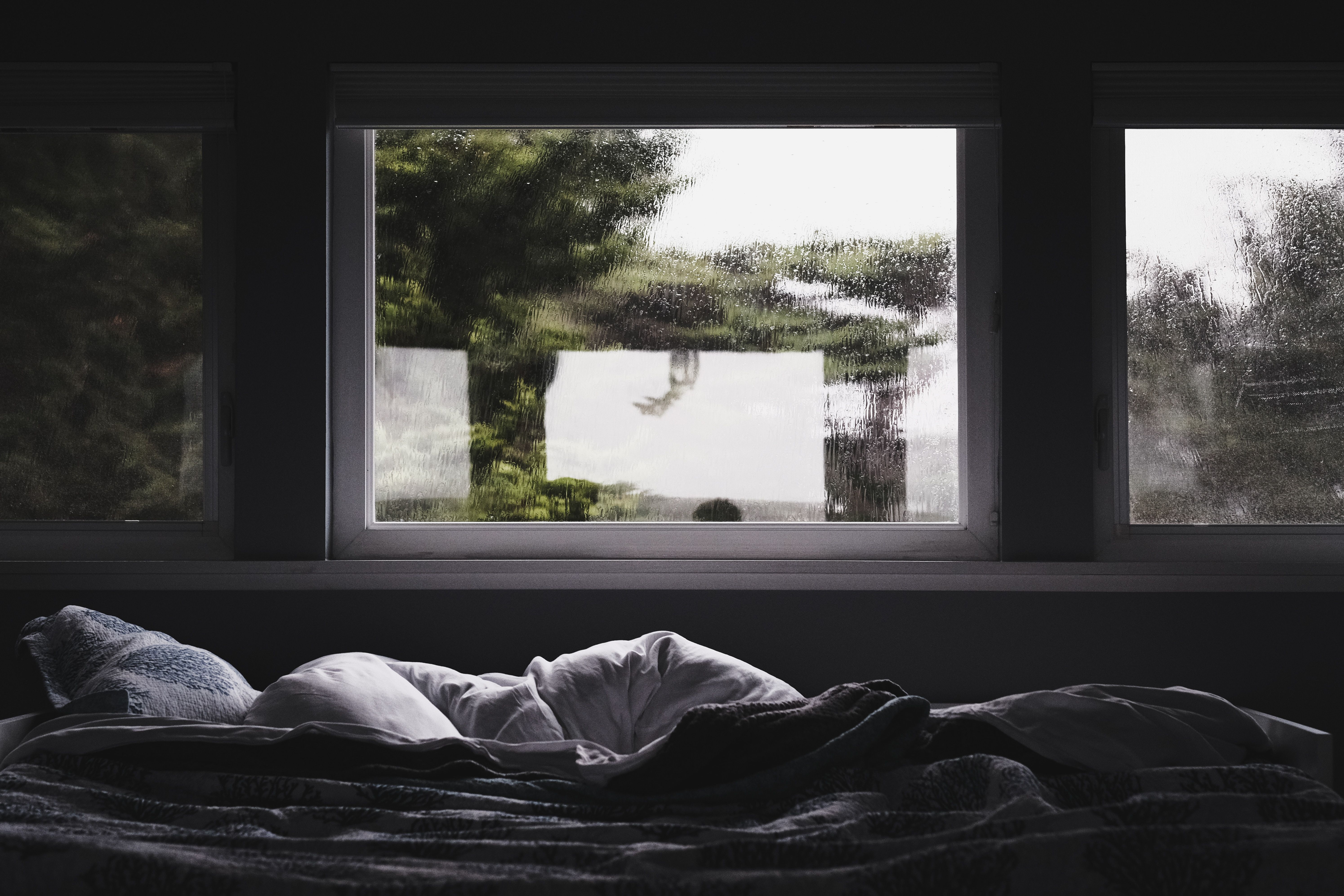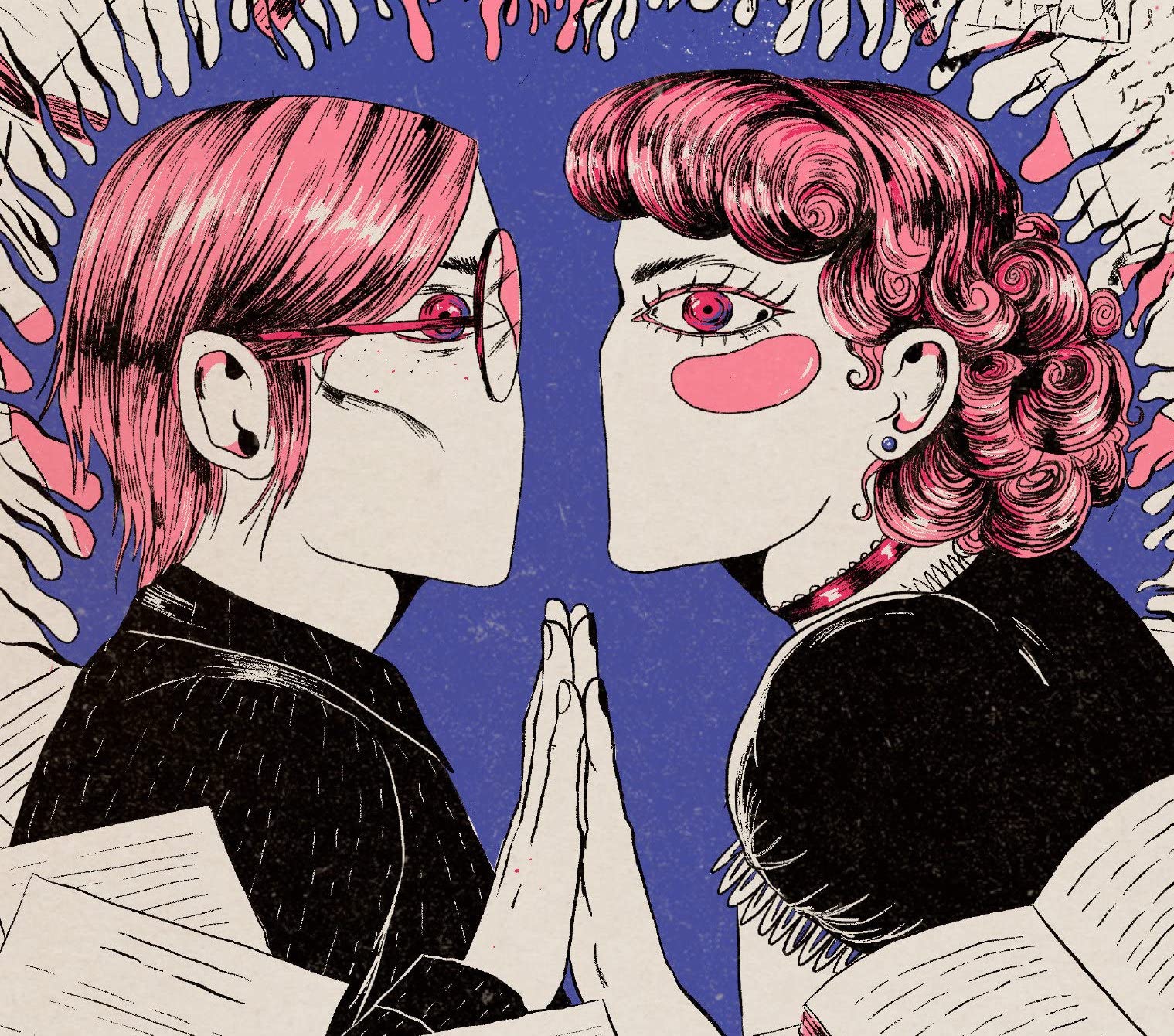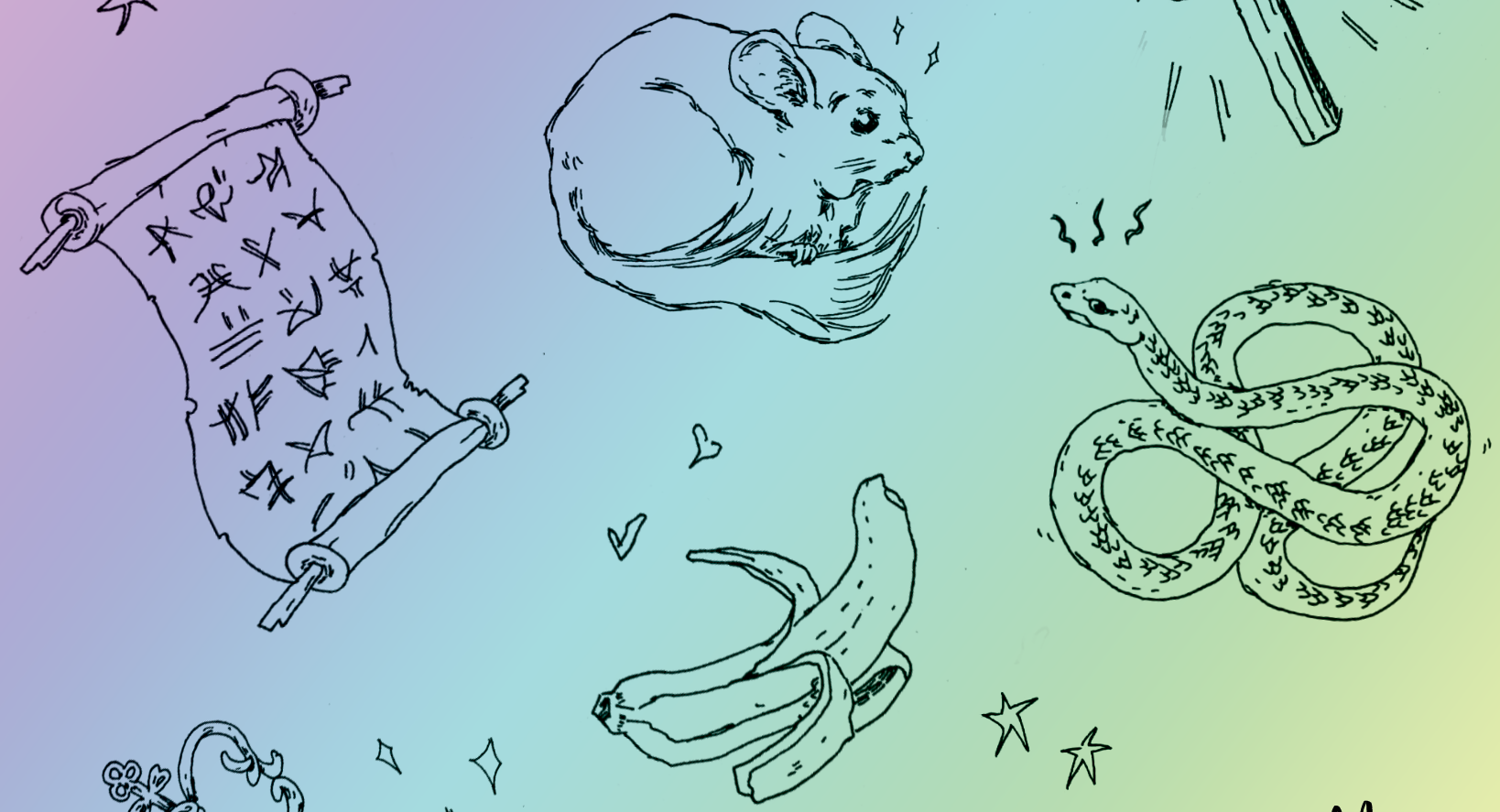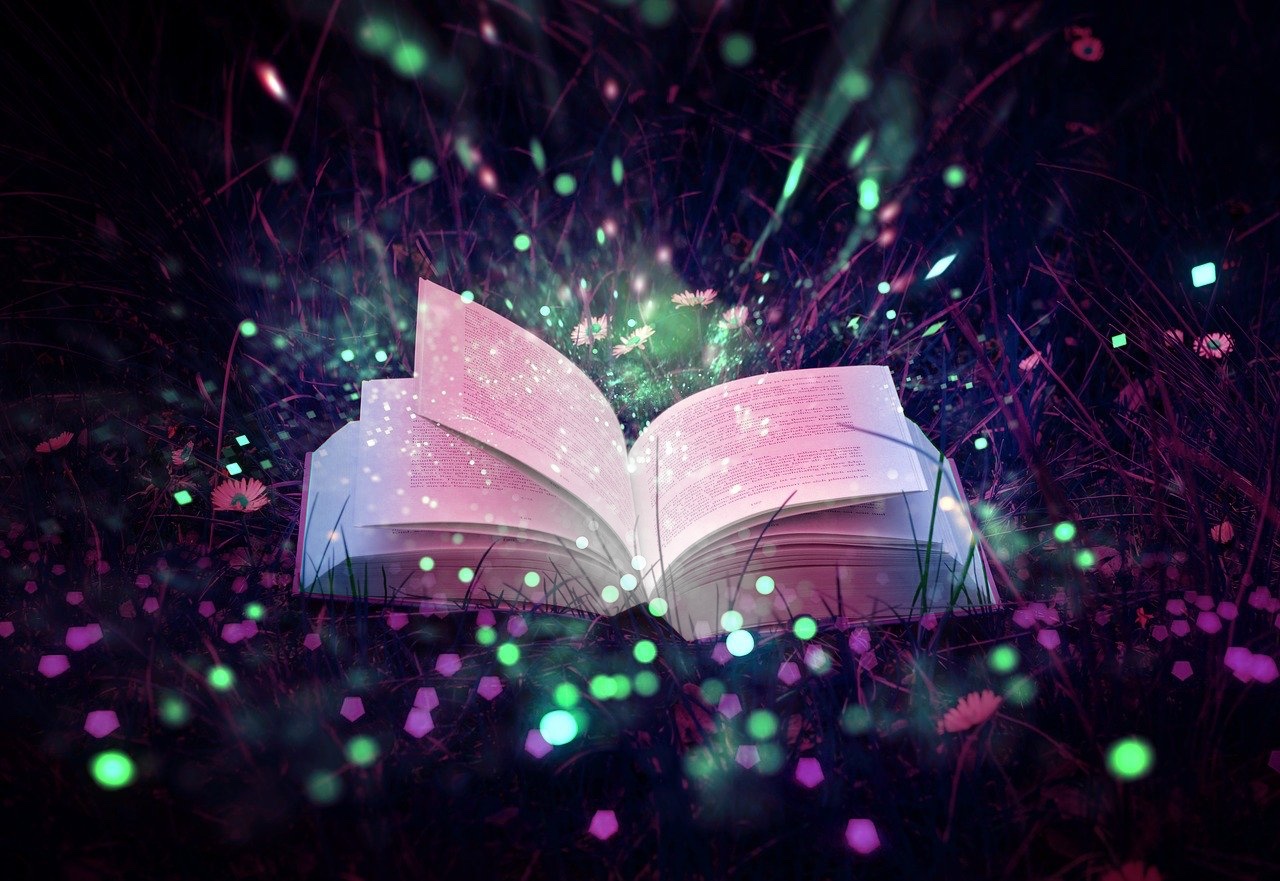Read More Women
Arabelle Sicardi Recommends 5 Books That Aren’t By Men
The beauty writer suggests fiction, graphic novels, and self-help books for a range of ages
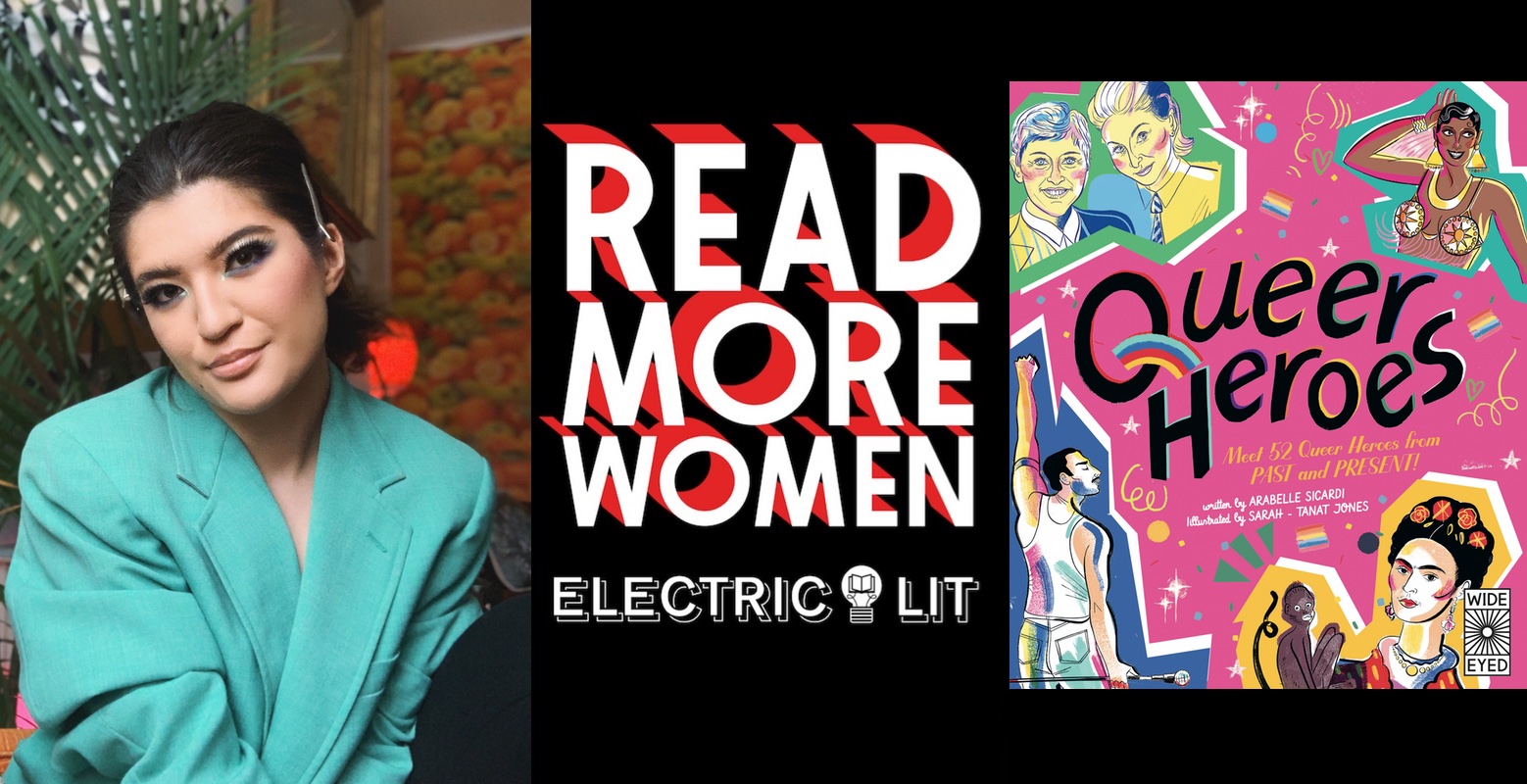
You probably know Arabelle Sicardi from their writing for adults and teens—they’ve written about beauty for Teen Vogue, Elle, Allure, Rookie, BuzzFeed (where they were previously the beauty editor), and more. But this fall they’re expanding their influence to a new demographic, with a children’s book on queer heroes, illustrated by Sarah Tanat-Jones. For Read More Women, they collected books by non-men that will inspire across many different age ranges, from fantasy geared towards children to adult strategies for operating in the difficult real world.
Read More Women is Electric Literature’s series, presented in collaboration with MCD Books, in which we feature prominent authors, of any gender, recommending their favorite books by women and non-binary writers. Twice a month, you’ll hear about the five non-male authors who most delight, inspire, and influence your favorite writers.
These books span age groups, but they’re all filled with lessons and act as guides through the journey of being a human with a lot of questions about how to be a good person and one that is honest about your identity and what you’re capable of. My favorite books are old friends; I return to them on a regular basis for different advice each time and introduce them to the people I love when I think they’ll appreciate them, too. These are some of my most frequently recommended books that I give to people questioning their gender, their political practice, their emotional bandwidth, or just need something both inspiring and unusual they can escape into for comfort and growth. The heroes in the fiction recommendations are young women of color, and the non-fiction recommendations are either written by women of color or lovingly highlight and center the experiences of marginalized people through history.
Emergent Strategy, adrienne maree brown
It is not hyperbole when I tell you this book made my 2018. I couldn’t stop talking about it with all of my friends, and it’s still an essential on my “Mood” book pile I keep next to my bed, because it is endlessly necessary to flip through and remind myself of the lessons adrienne shares so beautifully. I think it is a perfect book to keep on hand and to work through with all sorts of people, whether it’s your lover/partner, best friend, close friends, or co-workers. Besides breaking down how to effectively communicate and advocate for your community, it shares examples of how to recognize and foster resilience and how to check in on your feelings, that of others, and how to work towards better relationships overall. It uses examples from nature, news, and science fiction to do so and it does so very simply. I use the workbook pages in the back on a regular basis and wish more classrooms considered this for their shelves.
My New Gender Workbook, Kate Bornstein
This book was introduced to me in college by one of my favorite professors, who asked us to work through it, and it’s something I’m so grateful for because I pass on this book to queer folks who come to me for advice all the time. Kate is continuously updating it, which is great because as a queer community we’re all constantly transforming our politics and the language and images we use to share them with. I especially love the chapter, “There’s Only One Gender: Yours,” because it’s a very comforting and helpful conversation starter about the complexity of an individual’s gender experience. It’s a book appropriate across age groups, and it’s genuinely fun to work through, with no pressure to finish. Kate is a wonderful queer elder —and given the rarity of queer elders at all, what a special treasure to have her authorship in the world.
My Lesbian Experience with Loneliness, Nagata Kabi
This is one of the best graphic novels I’ve ever read, and the fact it is actually an autobiographical manga about lesbianism, depression, self-harm, sex work, and other things is probably why. It’s dark, and tender, and honest about the fact sometimes we don’t get “over” our problems, but we do find ways to get through them. I think that’s an important lesson to learn, and as early as we can in our life. This does have graphic content (pun) so I wouldn’t recommend it to children, but it’s definitely something I wish I had as a teen.
Hurricane Child, Kheryn Callender
This is a children’s book about a queer black child navigating grief after disaster, and it made me cry and snuggle the book so hard at the end that I considered using it as a pillow or possibly eating it. The protagonist, Caroline, was born on an unlucky day during a hurricane, and is ostracized because of that and her unusual gifts she has had all her life. A new girl arrives in school, and the healing power of friendship (and CRUSHZONE) changes their life.
Deep Wizardry, Diane Duane, book two of the Young Wizards series
This is my absolute favorite fiction series and is probably the root of my praxis and one of the reasons I wanted to become a writer. I re-read the entire series every other year and would love to hug Diane one day and cry embarrassingly about how important the lessons she taught me in these books were to me and still are. This book in the series is particularly memorable to me because I think it’s a great and imaginative way to write about climate change, global warming, community activism, and sacrifice. Plus, I always find it really fun when book narrators aren’t centering a human narrator or experience.




